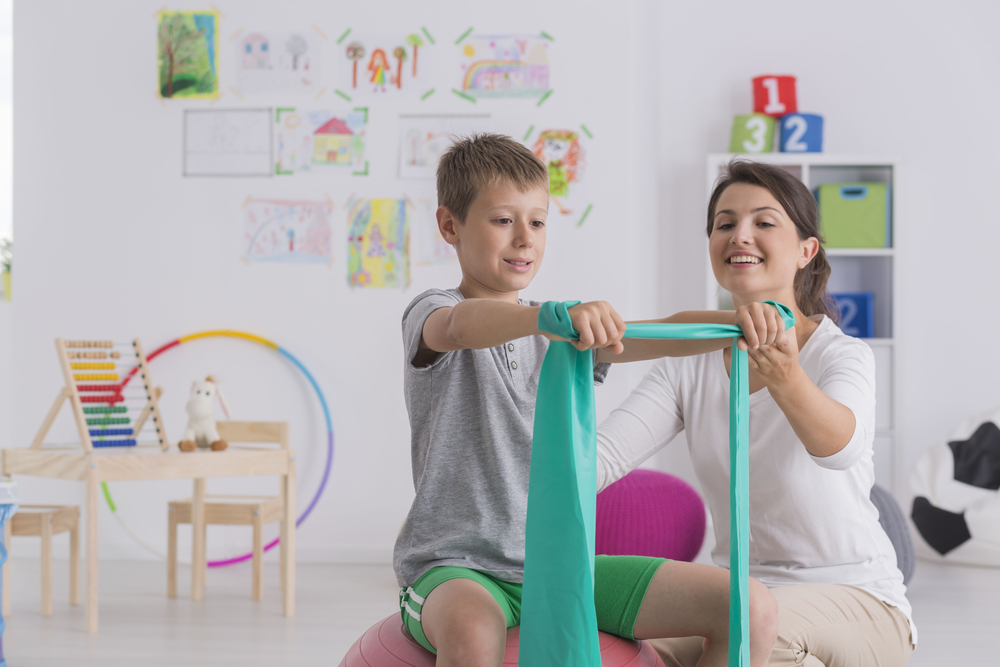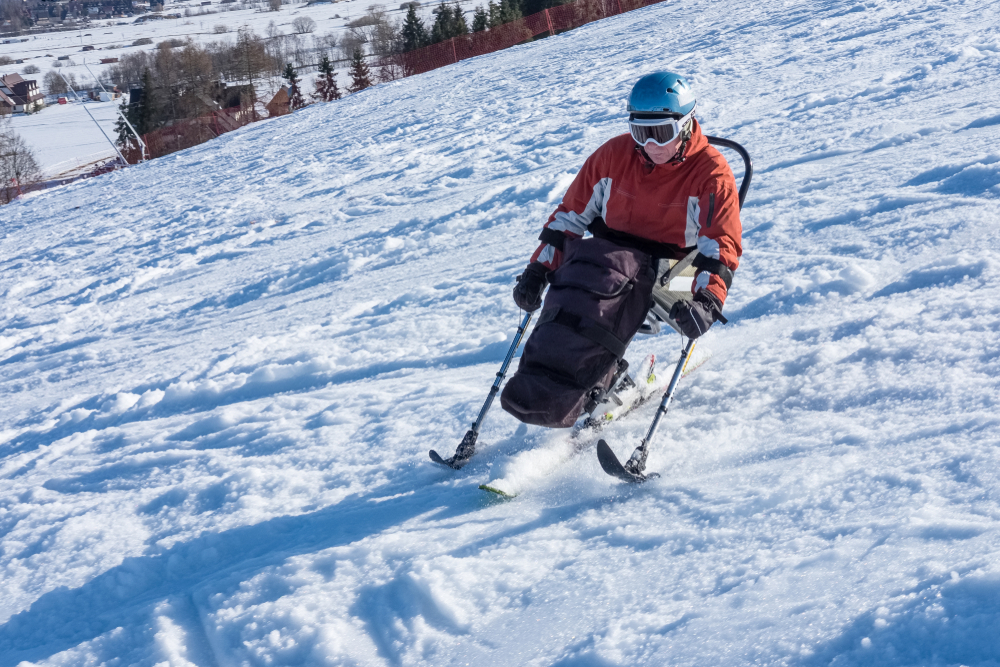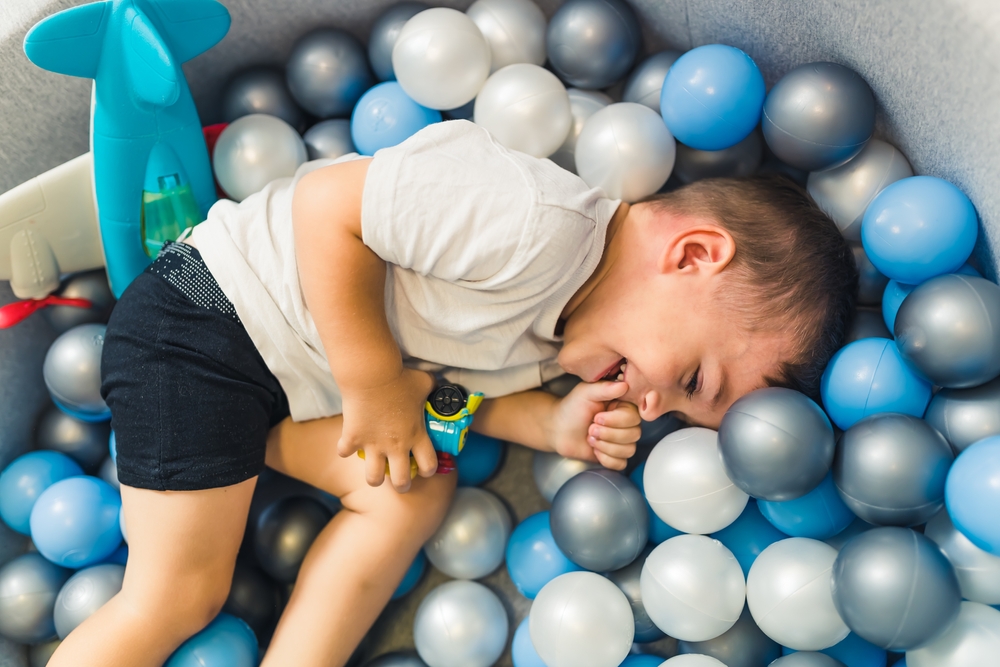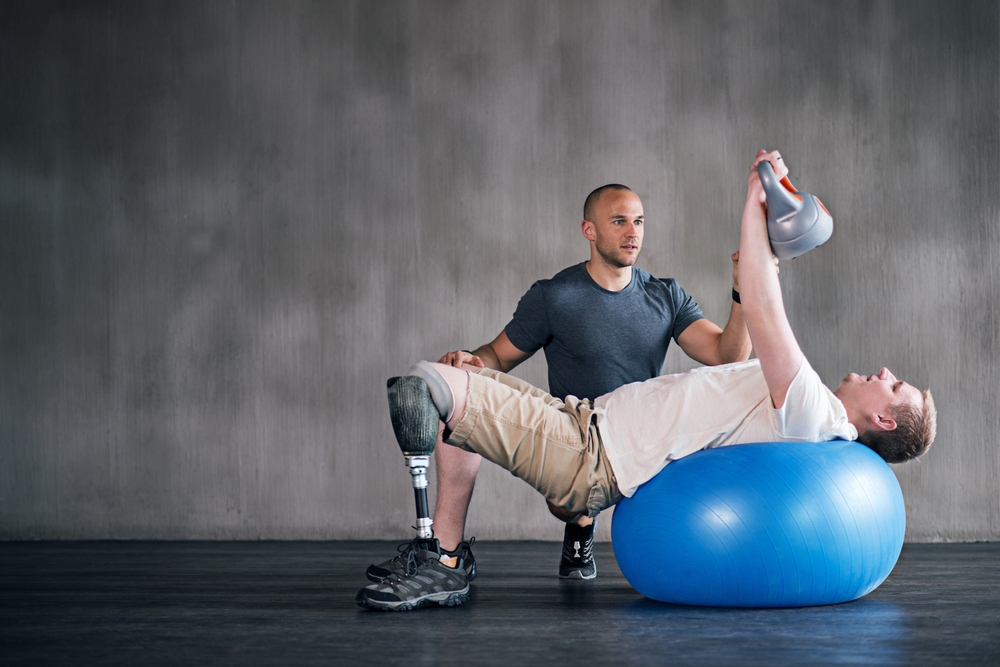Make an Appointment
It has become common knowledge that sports are very important for children’s health and physical development as they promote exercise, coordination, and lower the chances of childhood obesity. But recently, it has been shown that playing sports not only aids children physically, but adds to overall childhood development academically, mentally, and socially as well. Here is exactly how/why playing sports as a child is essential for development and dramatically increases the chance of success later in life!
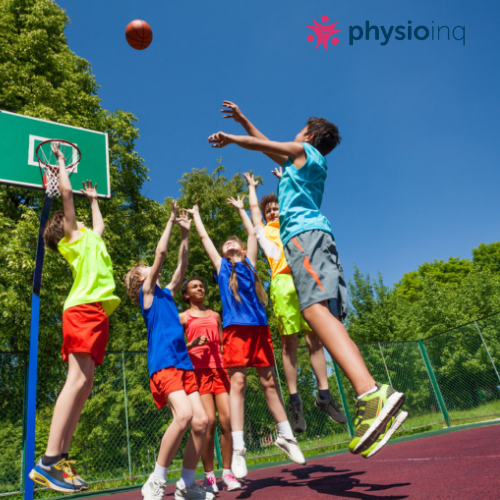
Benefits of competitive sports for children
According to the “U.S. Department of Health and Human Services”, it is recommended that children and adolescents (ages 6-17) get at least one hour of physical activity each day. Some of the physical benefits regular exercise provides to children are:
- Improved sleep
- Strong bones and muscles
- Development of motor skills/coordination
- Increased flexibility
- Healthy posture
- Cardiovascular fitness
- Physical strength
- Decreased risk of childhood obesity
Sports and general exercise practiced by children on a regular basis lays a strong foundation for the ability to live a healthier lifestyle in the future. In addition to the physical benefits, sports played at a young age contributes to healthy childhood development mentally and emotionally by providing children with:
- Improved self-esteem/self-confidence
- Reduced stress and anxiety
- The ability to develop problem-solving skills
- Improved concentration
- The ability to take direction
- Early introduction to competition
- An avenue to practice goal-setting and perseverance
The combination of mental, emotional, and physical benefits youth sports provides coupled with the ability to practice newfound skills and behaviors leads to the development of important character traits used in everyday life, far into adulthood.
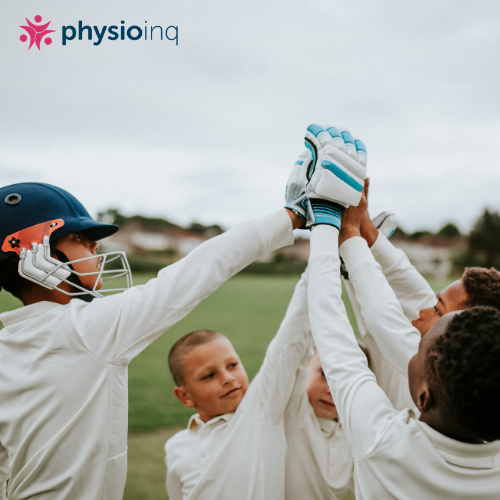
Sports and daily life
Children’s experience in sports helps them interact with their peers, builds positive self-esteem, and numerous studies have shown that children who play sports perform better at school. The fun learning environment provided by sports accounts for many learned behaviours and character traits that stay with children far into their adult lives. Patience, work-ethic, respect, determination, and self-confidence, for a lot of us, were all initially learned and developed through playing sports as a child. Overcoming adverse situations, stress, and applying yourself to work towards a goal as a child, contributes to self-confidence and the subconscious understanding of what it feels like, not to mention what it takes, to be successful throughout life. Team sports add in another layer of comradery, teamwork, acceptance of others, and allows children to develop friendships they might have otherwise not been exposed to.
Team sports and childhood development
Social activity is very important for children, especially in their developmental years. Being part of a team teaches children how to interact with their peers, teaches them dignity and how to work together with others. Participating in organized team sports has also been shown to boost cognitive abilities in children and gives them the opportunity to experiment with different personality traits and leadership roles. Although the exact right age to immerse your child into competitive team sports is still highly debated, young children anywhere from ages 5-17 can benefit from playing sports as a part of a team.
Competitive sports and children
Although society, filled with overprotective or “helicopter” parents, has taken the stance that children should never experience failure in their lives in fear that it will negatively affect their self-esteem, failure is a part of life and always will be. Negative experiences can benefit a child’s development just as much, if not more, than positive ones. Children learn from both their successes and failures, and sports competition gives them the opportunity to experience both. Losing a game, match, or “dropping the ball” so to speak, during sports competition teaches children the importance of hard work, practice, determination, and that nothing in life comes easy. Although injuries (particularly head injuries) are of real concern when choosing a sport for your child to play, the idea of protecting children from all negative experiences robs them of the ability to overcome adversity. Teaching your child to take ownership over both their successes and failures sets them up for a bright future and to excel in anything they choose to do.
**To reduce the risk of injury, before enrolling your child in any competitive or contact sport, it is always best to seek out advice from a professional.
Childhood obesity
Childhood obesity has tripled over the past 30 years and contributes to many serious health conditions. Diabetes, high blood pressure, joint/bone problems, back pain and increased risk of stroke and cancer as adults can all be attributed to obesity among children. Just as physical activity among children lays a strong foundation for a healthy adult life, lack of exercise contributes to obesity and unhealthy physical development. Once recent report revealed that children from 5 to 10 years of age with obesity, 60% already had one risk factor for cardiovascular disease, such as high cholesterol levels, high triglycerides (another type of blood fat), and high blood pressure. Cardiovascular-related conditions aren’t the only health problems associated with the physical effects of obesity in childhood.
There are also strong links between obesity and mental health issues such as depression, low self-esteem, and anxiety disorders among children and teens. Sports are a great way to boost a child’s self-confidence, reduce obesity and increase overall happiness.
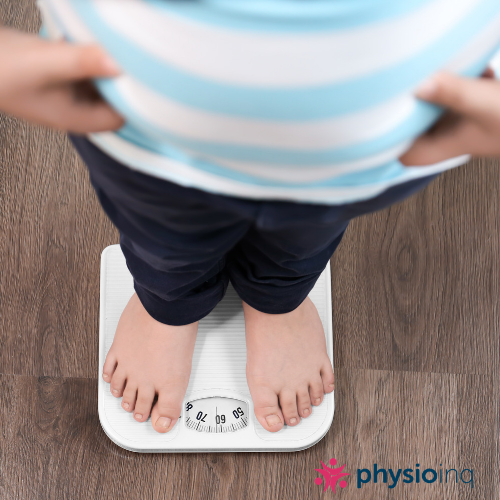
Sports and learning
Research has shown that children’s overall learning and cognitive abilities are positively affected by participation in sport and other forms of physical activity. Playing sports at a young age has been shown to enhance:
- Information processing
- Memory
- Concentration
- Overall academic achievement
Sports allow children to develop areas of their brain not accessible through book learning alone in a fun and active environment. The heightened ability to comprehend and apply information this gives children, not only increases their academic performance but raises their cognitive potential as well. Also, organized children tend to perform better in school, and organized sports undoubtedly provides children with a sense of structure and routine. Most importantly, being physically fit increases blood flow throughout the body and to the brain improving overall cognition.
Building a strong foundation for life!
With all of the benefits to children’s development, it has become a no-brainer for parents all around the world to introduce their children to sports as early as possible. Sports are a great contributor to overall success in life as they provide physical, mental, and emotional benefits all while teaching children valuable skills for life. The development of positive habits and character traits through hard-work and perseverance sets children up with a strong foundation for success later in life. Boost your child’s developmental potential and set them up for a bright future by enrolling them in sports today!
Date Published: Thursday, April 11, 2019
Locate a Paediatric Physiotherapy
Service Near me
Get the experience & convinence you deserve to support your or a loved one's allied health needs.
Our Paediatric Physiotherapy team are currently serving & taking appointments in the following states and regions in Australia:
Need to get into direct contact with ur Client Services team? We're all ears. Call our team directly on 1300 731 733
